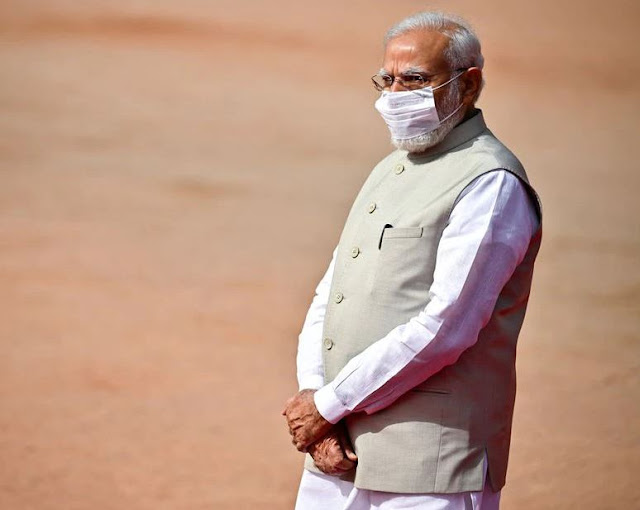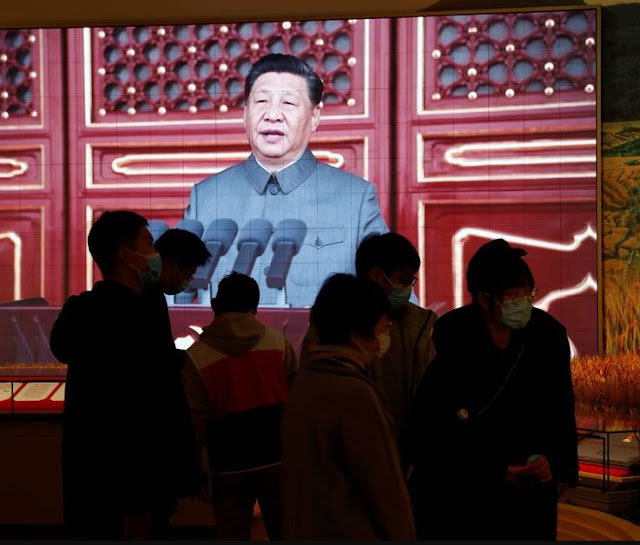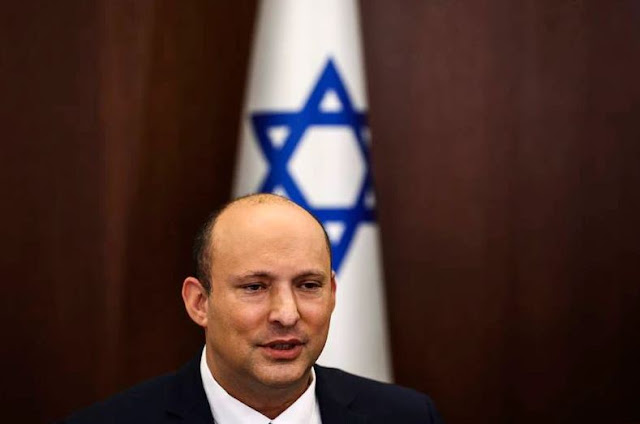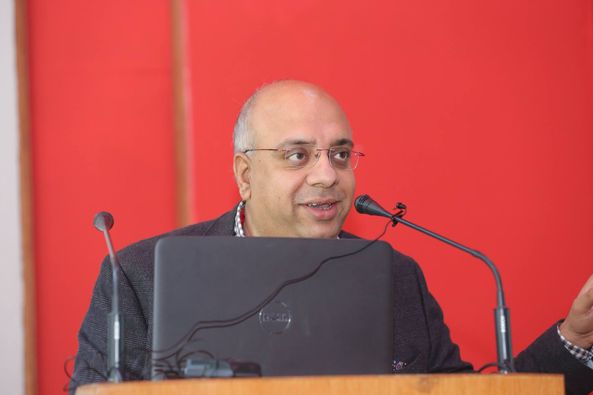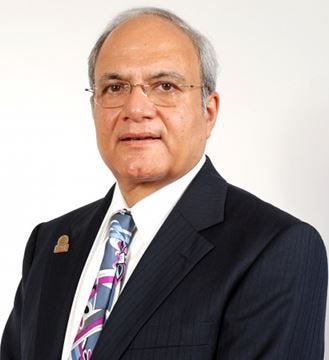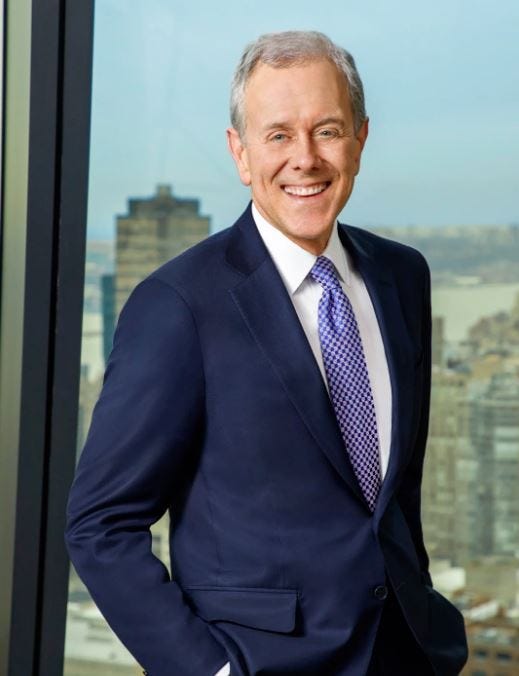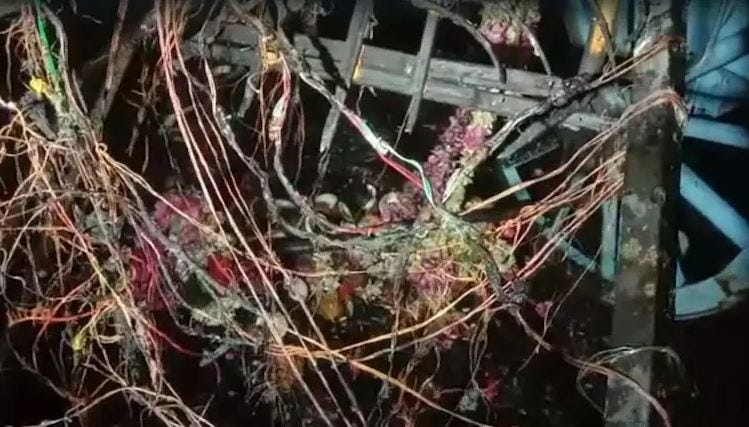Previous year proved to be most challenging in living memory as COVID-19 brought economies and businesses to a grinding halt. India was hit hard by the pandemic. Usha Martin Limited expects the Indian economy to rebound on the back of pent-up demand across sectors. Rajeev Jhawar, Managing Director of Usha Martin Limited hopes that Reserve Bank of India’s (RBI) monetary stimulus and the Government of India’s fiscal measures will bring the economy back to a sustainable positive territory. He believes that the substantial budgetary outlay on infrastructure by Government of India will augur well for their business.
Rajeev Jhawar expects that the domestic demand for their products, particularly in the construction and auto sectors will start picking up after the monsoon season. “The various measures announced by the Central government to boost the economy are likely to start yielding results post-monsoon”, Rajeev Jhawar said. There should be a pick-up in demand during the festival season post-September-October, by which time the company hope that the Covid situation would also be brought slightly under control. He also forecasts his views on the various stimulus measures taken by the government to enhance the growth of the economy.
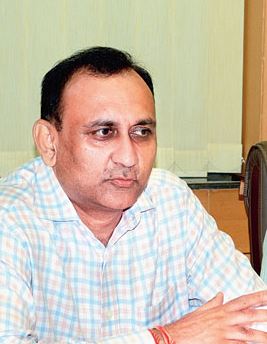 |
| Rajeev Jhawar, is the managing director of Usha Martin Limited |
While the demand for wire rope has been fairly decent in international markets, the domestic demand across various sectors has been very low due to the lockdown in the wake of the Covid-19 pandemic, Rajeev Jhawar said. The reverse migration of labourers had affected industries such as construction, particularly in the western and northern regions of the country. This impacted the demand for wire rope.
UML’s wire rope business manufactures wire, strands, LRPC and wire ropes, which cater to various industries, including steel, infrastructure, construction and auto. “The demand from construction, auto and oil sectors is down. Our plant is currently operating at 50–55 per cent of the installed capacity. The export demand is, however, good and the rupee depreciation is supporting us,” Rajeev Jhawar said. The company is hopeful of ramping up capacities by the second half of this fiscal once the Covid situation is brought under control and the domestic demand starts picking up.
Usha Martin Limited also expects to gain momentum in their international business as most countries where they are present have returned to near normalcy. Talking about exports, Rajeev Jhawar said the demand for wire rope has been ‘fairly decent’, if not strong, from markets such as Europe, the US, South America, Australia and South-East Asia. Exports account for close to 40 per cent of the company’s consolidated turnover, which stood at around ₹2,154 crore for the year ended March 31, 2020.
Global demand for the oil and offshore market saw improvement during the FY20–21 which in turn boosted the demand for speciality rope products of the company catering to the said sector. According to Rajeev Jhawar, it is expected that the demand from the said sector shall sustain in the next fiscal and is expected to provide business opportunities to the company. Further Rajeev Jhawar also states that with steady infrastructure spending by the government, speciality products used in construction and infrastructural sector may be growth drivers for the company in the years to come.
Usha Martin, which sold its one-million-tonne integrated steel plant at Jamshedpur to Tata Steel for ₹4,200–4,600 crore, completed the first full year of operations of its wire rope business in FY20. Through the strategic move of selling UML’s steel division to Tata Steel, Rajeev Jhawar helped the company in enabling them to significantly de-leverage their balance sheet and free up critical cash pool, which they could invest in their profitable and sustainable wire rope business. The result of such divestment resulted in enhanced fiscal stability and allowed Usha Martin to focus primarily on their core business.
Usha Martin Limited has a manufacturing capacity of around 2,30,000 tonnes per annum across its two facilities in India — at Ranchi, Jharkhand and Hoshiarpur, Punjab and three overseas units in the UK, Thailand and Dubai. The company recorded a consolidated revenue of Rs. 2,097.28 crore, compared to Rs. 2,153.82 crore in FY19–20. UML’s consolidated EBITDA stood at Rs. 312.56 crore in FY20–21 compared to Rs. 284.96 crore in the previous year. Despite the shrinkage in revenue, there was a marked improvement in the EBITDA margin from 13.23% to 14.90%. During the year, Usha Martin Limited had adequate working capital and liquidity, which ensured that their operations went on smoothly.
Enrichment of product mix will continue to be a key value driver for Usha Martin Limited, by gradually reducing dependence on low-contributory items and increasing focus on value-added products. According to Rajeev Jhawar, the company will take concerted effort on maintaining fiscal solidity with focused capital expenditure. Usha Martin is planning to continue to place greater emphasis on implementing digitalization across the organization.
Usha Martin, under the guidance of Rajeev Jhawar have been able to solidify their leadership position through the delivery of industry-leading quality products across our state-of-the-art manufacturing facilities. “Through leveraging the capabilities of our R&D facilities in Italy and India, we are constantly striving to enhance manufacturing efficiencies and quality of our products”, Rajeev Jhawar Usha Martin says. The company always strives to improve the quality of their products to enhance value for customers. Leveraging the capabilities of R&D facilities in Italy and India and modifying the designs of their products based on geographies and needs of the customers are carried out. Rajeev Jhawar also ensures that the company work closely with their R&D centres to enhance daily manufacturing efficiencies.
Usha Martin Limited with the leadership of Rajeev Jhawar, continues to follow stringent safety protocols to ensure wellbeing of its employees and is in continuous process of dynamically adopting to the ever changing global and domestic macro-economic environment as and when the same is required in these post — pandemic times.

